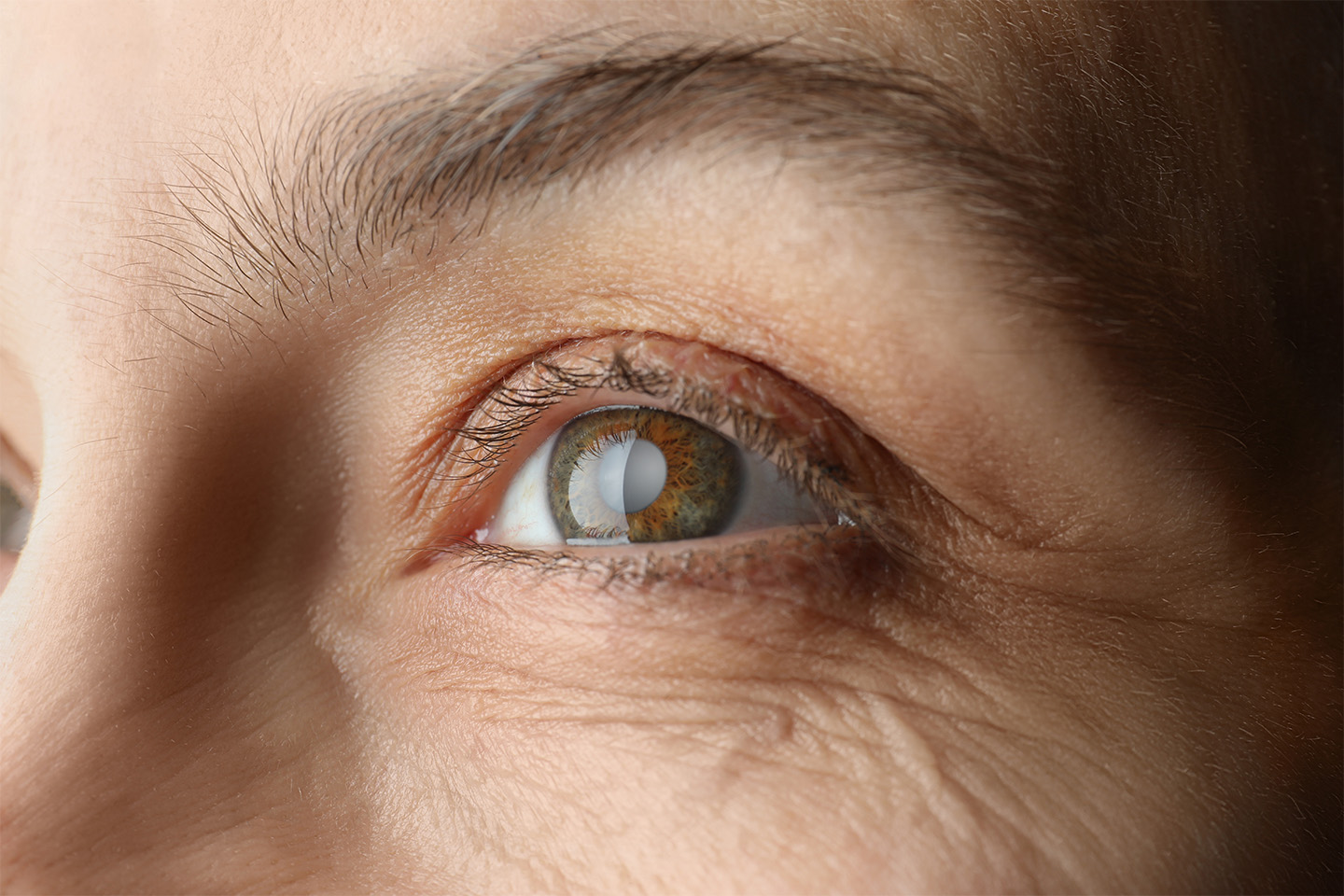How COVID-19 Can Affect Your Eyes

As the COVID-19 pandemic continues, it is clear that the infection manifests differently from patient to patient, causing loss of taste and smell in some and more intense flu-like symptoms in others. And there’s even evidence that this strain of the coronavirus may affect the eyes. But COVID-19’s impact on the eyes does not just come from how it spreads, it also comes from potential symptoms.
Continue reading to learn how this disease could impact your eyes and how to best protect yourself.
How COVID Spreads Through the Eyes
It is well known that this virus spreads through airborne droplets, such as those released during a sneeze or cough, that then land on the mouth or nose of a nearby person. Less recognized is that these droplets can also land in the eyes, which contain the same mucous membranes that line the respiratory tract. This connection makes it a possibility that COVID-19 could spread through this path.
Nonetheless, the eyes also have an inherent protective system that may decrease your chances of transmission. Not only do tears help wash away these particles, but the mucous layer also helps protect the lining of the eye.
Keep in mind that flushing your eyes with water can wash away this barrier and actually increase your chance of infection and irritation.
COVID-19 can also spread by touching a contaminated surface and then rubbing the mouth, nose or eyes. However, the chances of this are much lower than through direct infection.
Potential COVID-Related Eye Symptoms
The most common symptoms related to COVID-19 are fever, dry cough, and shortness of breath. Although, some rarer symptoms may affect the eyes, including excessive watering and soreness. These signs have been linked to conjunctivitis, commonly known as pink eye, which may be brought on by the viral infection.
Fortunately, the chances of developing this eye disease as a side effect of COVID-19 are extremely low. But the risk increases when transmission occurs through the eyes. In fact, a study of about 1,100 patients found that less than one percent of those with confirmed cases experienced conjunctivitis. Smaller studies have found a greater prevalence in eye-related complications.
Research shows that these symptoms resolve as the body successfully fights off the virus and is not likely to cause permanent vision problems.
How to Protect Your Eyes from COVID-19
There are some steps you can take to protect your eyes from coronavirus:
- Wear protective goggles or a face shield in public spaces.
- Thoroughly wash or sanitize your hands before touching your face or applying contacts.
- Continue getting regular eye exams. You should NOT visit the offices if you believe you have coronavirus or are experiencing related eye symptoms from the virus.
Keep in mind that it is still possible to get conjunctivitis from other viruses or bacteria at this time. Therefore, it is important to always follow these steps to protect your eyes.
In addition to cataract and LASIK surgery in Texas, we are equipped to treat other eye diseases, including conjunctivitis. But as eye care specialists in the greater Dallas area, we want to help you maintain healthy vision by also encouraging the proper medical treatment of underlying conditions, such as coronavirus, before coming to our offices.
[DISPLAY_ULTIMATE_SOCIAL_ICONS]









